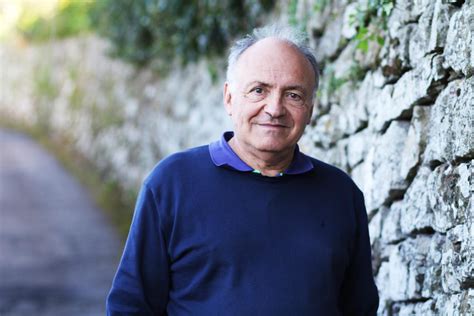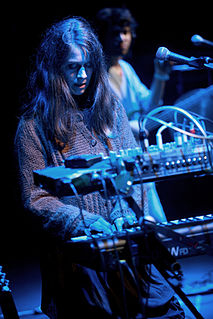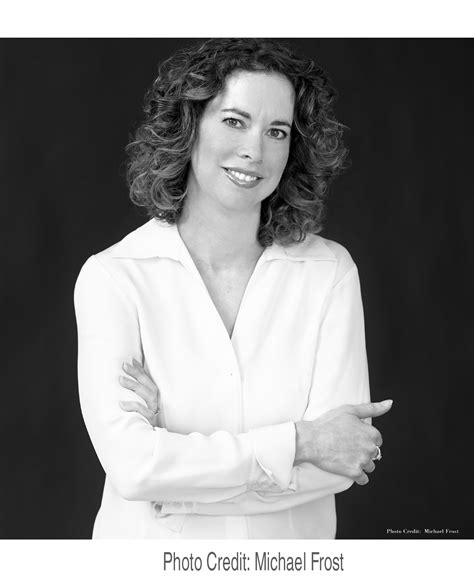A Quote by Maggie Stiefvater
I would like to say that I was inspired to write 'Shiver' by some overwhelming belief in true love, but here's my true confession: I wrote 'Shiver' because I like to make people cry.
Related Quotes
I believe that when I die I shall rot, and nothing of my ego will survive. I am not young, and I love life. But I should scorn to shiver with terror at the thought of annihilation. Happiness is nonetheless true happiness because it must come to an end, nor do thought and love lose their value because they are not everlasting.
When I'm awake all night, sometimes I see the people and the city waking up around me. I feel a little bit moody at them for stepping into my night-time. What I want is that feeling when you're in the rain, or a storm. It's a shiver at the edge of your mind, an atmosphere of hearing a sad, distant sound, but it seems closer - like it's just for you. Like hearing rain or a whale-song, a cry in the dark, the far cry.
Whether we are aware of it or not, every act of trust carries with it a shiver of fear. A favorable situation can become dangerous. Deep down we know that life is insecure and precarious. However, if we do trust, the shiver carries with it a philosophical optimism: Life, with all its traps and horrors, is good The bet is implicit in trust itself. If we could be sure of everyone and everything, trust would have no value - like money, if it were suddenly limitless, or sunshine, if there were always fine weather, or life, if we were to live forever
People would say, "Well yeah, if I wrote action films, if I wrote the trash that you write, I could make millions too. But I want to write my real movie about these Guatemalan immigrants, and how they hid under a truck for 300 miles." And that's fine. I'd love to make that film too, but to dismiss everything I did just because it's action seems wrong.
Religion becomes a matter of belief, and belief acts as a limitation on the mind; and the mind then is never free. But it is only in freedom that you can find out what is true, what is God, not through any belief; because your belief projects what you think God ought to be, what you think ought to be true. If you believe God is love, God is good, God is this or that, your very belief prevents you from understanding what is God, what is true.
If someone else was in the room, I wouldn't feel comfortable doing what I wanted to do. I would try to play something that the other person or people would love or would like, at least. Nothing was true because I was not playing what I wanted, and they were not listening to anything that was coming from anywhere true.
When I first got into the major label system, they were like, 'Hey, you're great - now write with a million people so we can get songs.' That was something I hadn't done before, and the songwriters I was working with had worked on some massive numbers - like 'True Colours.' One of the guys wrote 'Livin On A Prayer.'
Yelena, you've driven me crazy. You've caused me considerable trouble and I've contemplated ending your life twice since I've known you." Valek's warm breath in my ear sent a shiver down my spine. "But you’ve slipped under my skin, invaded my blood and seized my heart.” “That sounds more like a poison than a person,” was all I could say. His confession had both shocked and thrilled me. “Exactly,” Valek replied. “You have poisoned me.
Impossible, I realize, to enter another’s solitude. If it is true that we can ever come to know another human being, even to a small degree, it is only to the extent that he is willing to make himself known. A man will say: I am cold. Or else he will say nothing, and we will see him shivering. Either way, we will know that he is cold. But what of the man who says nothing and does not shiver? Where all is intractable, here all is hermetic and evasive, one can do no more than observe. But whether one can make sense of what he observes is another matter entirely



































